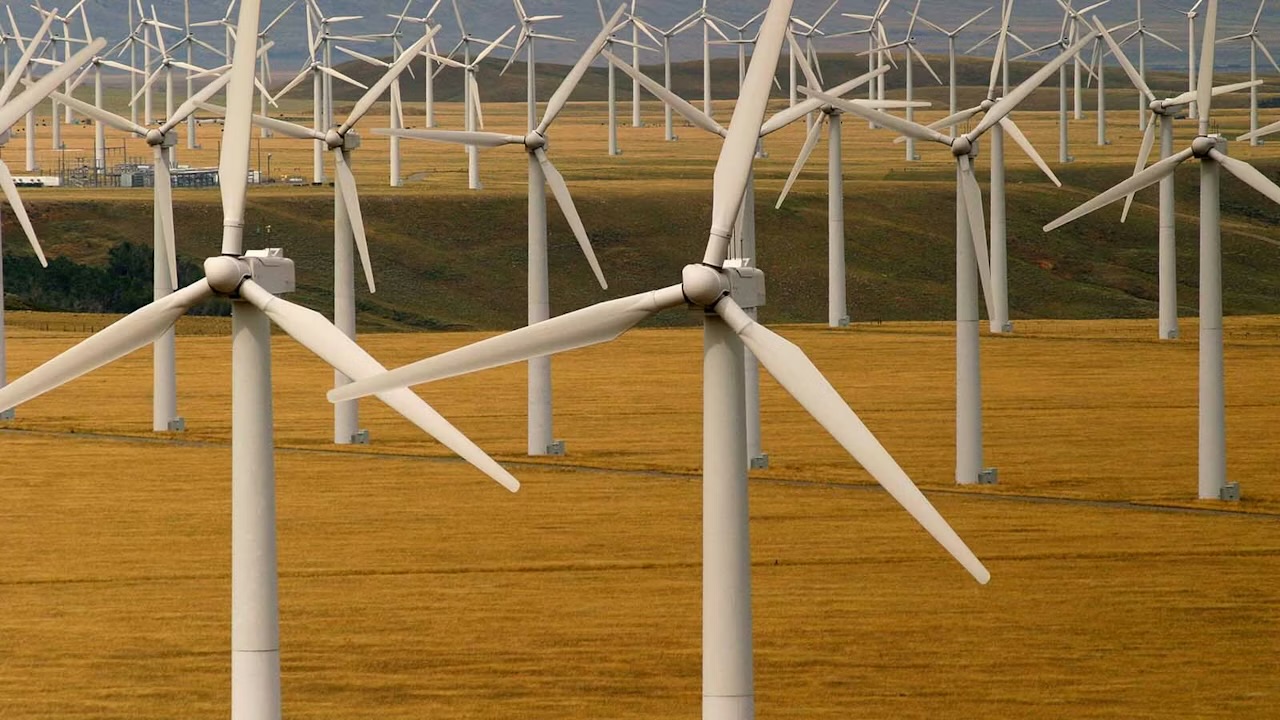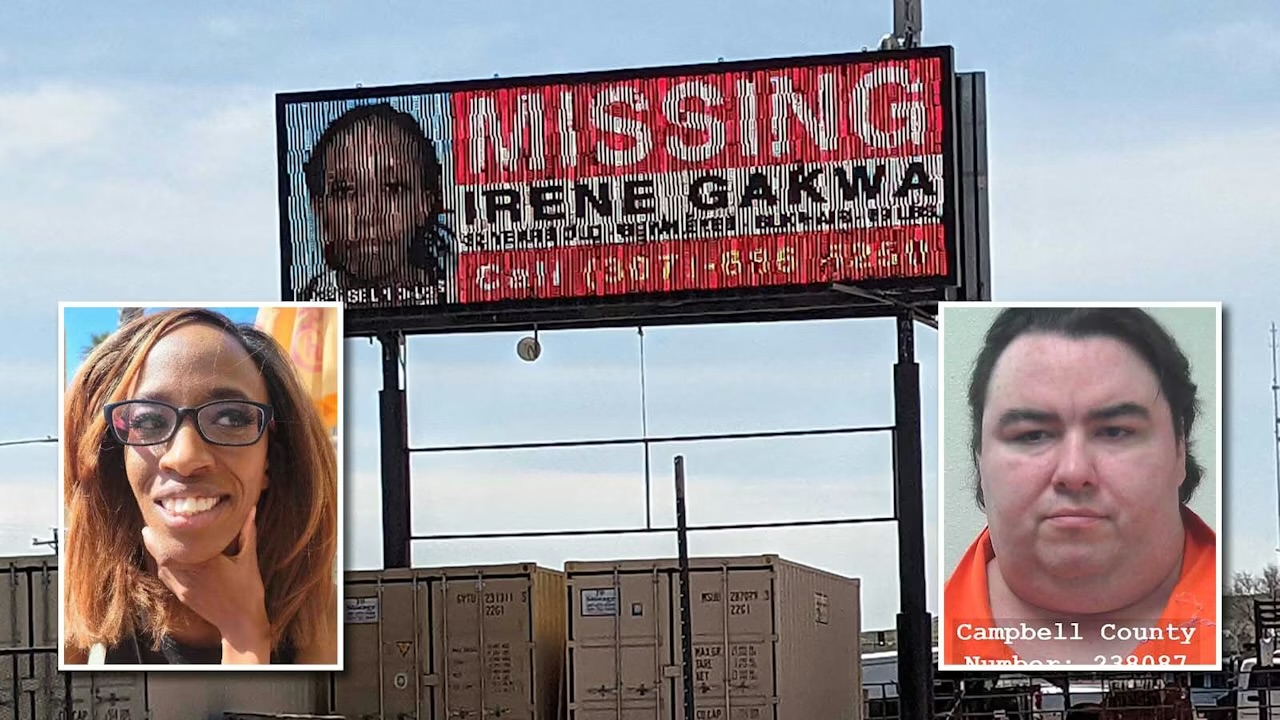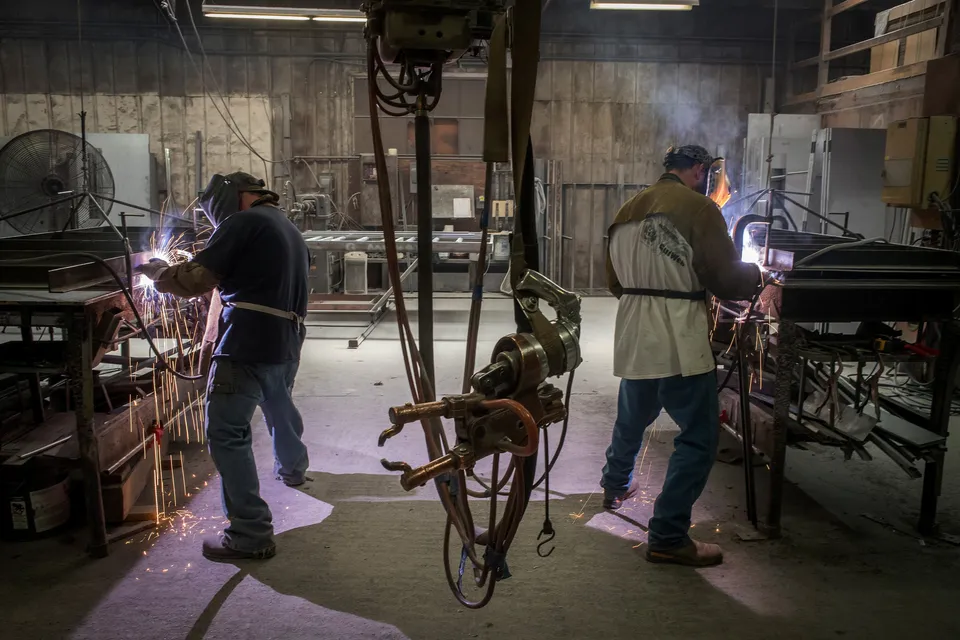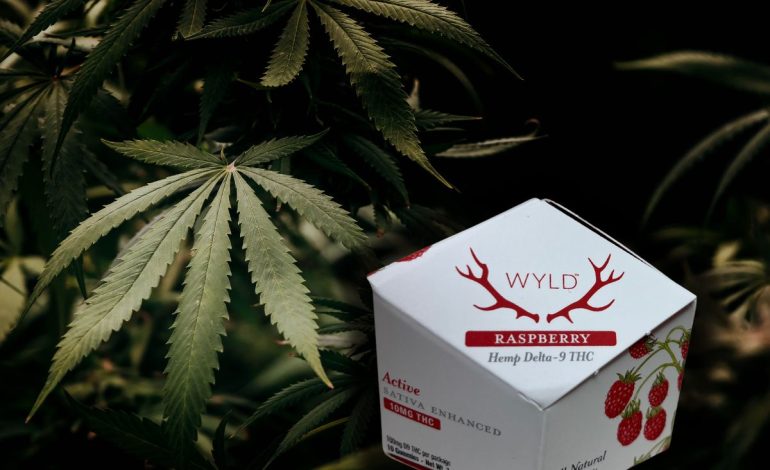The original story by for WyoFile.
Wyoming’s hemp industry just got hit with a one–two punch.
Barely two weeks after losing a major court fight over Delta-8 THC, hemp retailers are staring down a new federal crackdown that could wipe out most of what they have left to sell.
The latest blow came out of Washington, DC, where Republicans in the US Senate slipped a hemp THC ban into the bill that ended the federal government shutdown. The language bars most hemp-derived THC products starting a year from now, and advocates say it could gut nearly the entire national hemp market if it isn’t rolled back in time.
For Wyoming shops already reeling from a 10th Circuit Court of Appeals decision upholding the state’s Delta-8 ban, it feels like the floor is giving way.
Since 2019, when Wyoming legalized hemp products, stores around the state built a booming trade in Delta-8 and other hemp-derived intoxicants. Those products filled a gap in a state where marijuana remains illegal but hemp does not. That changed in 2024, after several Cody students reportedly got sick from Delta-8, and lawmakers moved to outlaw Delta-8 and two other popular derivatives. Vendors argued those compounds were being unfairly branded as “synthetic” when they are, in fact, natural cannabinoids pulled from the plant.
For many, the impact was immediate and brutal.
“Before the ban, roughly 70% of our sales came from those cannabinoids,” said Platte Hemp Company co-founder Alicia Watt, whose business was one of the plaintiffs challenging the state law. “That hit every hemp retailer and grower in the state hard — from small storefronts to hardworking Wyoming hemp farmers who invested everything into a once-legal crop.”
Justin Arnold, who runs Cin D’s CBD shop in Torrington with his wife and also joined the lawsuit, said he was selling about $20,000 a month in Delta-8 products before the ban and believes that number would have doubled within a year. He enforced a 21-and-up rule in his store, even though state law at the time allowed sales to anyone 18 or older.
Arnold says his customers weren’t thrill-seeking teenagers; they were cancer patients and people dealing with chronic pain who didn’t want to drive to Colorado to buy marijuana and then break Wyoming law bringing it back. In his view, every hemp purchase in Wyoming represented someone skipping a trip to the liquor store, the doctor’s office or a dispensary over the state line.
“If you’re buying hemp in Wyoming, you’re not buying weed in Colorado, you’re not going to the doctor and you’re not going to the bar,” he said.
The federal courts didn’t buy the legal argument that Wyoming had overstepped. A judge in US District Court sided with the state, and the 10th Circuit in Denver upheld that decision, leaving the Delta-8 ban firmly in place.
That left shops scrambling for what was still legal. Under both federal and Wyoming law, hemp plants are allowed as long as they contain no more than 0.3% THC by dry weight. At that concentration, smoking the plant itself won’t get you high. But retailers found a workaround: use low-THC hemp as the source, extract the legal cannabinoids and then concentrate them into finished products like gummies and drinks that pack 10 milligrams or more of hemp-derived Delta-9 THC per serving. On paper, the plant stayed under the 0.3% limit; in practice, the soda can or chocolate bar in the customer’s hand could rival a recreational product sold in Colorado.
Many Wyoming businesses have been operating under the interpretation that the law cares about THC levels in the plant, not the strength of the final product.
The new federal ban torpedoes that strategy. It doesn’t focus on the crop; it goes straight after what the consumer walks out with. Once it kicks in, any hemp item with more than 0.4 milligrams of THC in the entire container will be illegal. That means the total THC in all the liquid in a can or all the squares in a chocolate bar has to stay below that tiny threshold. For most current edibles and beverages, that’s essentially a death sentence.
It’s a dramatic turn for an industry that took off after the 2018 Farm Bill, which legalized hemp nationwide. Since then, hemp businesses in prohibition states like Wyoming have played a constant game of legal whack-a-mole, racing to adjust products as lawmakers and regulators shut down one compound after another.
The politics are messy. The federal ban was pushed by Senate Minority Leader Mitch McConnell, the Kentucky Republican who helped legalize hemp in the first place. He now says the law opened the door to “unregulated, intoxicating, lab-made, hemp-derived substances with no safety framework,” a far cry from the agricultural fiber and CBD-only crops he says he envisioned.
National industry group US Hemp Roundtable warns that if the ban isn’t reversed within the year, it could wipe out 98% of a $28 billion industry. Rather than outlawing higher-THC hemp products outright, the group wants Congress to regulate them: set safety standards, crack down on harmful additives and stop companies from targeting minors with candy-like packaging and flavors.
On the ground in Wyoming, shop owners hear a different story about who benefits from the clampdown. Arnold sees the federal move as yet another case of big players protecting their turf.
To him, legal cannabis companies in other states and major pharmaceutical interests stand to gain while small local hemp shops are left with empty shelves.
“Powerful influences,” he says, are using regulation to “oppress a competitor” made up mostly of mom-and-pop businesses.
Watt agrees that lawmakers in Cheyenne and in Washington don’t fully understand what they’re shutting down. She argues that hemp and marijuana are distinct plants with overlapping but different uses and that both have legitimate medical and industrial value.
“Both offer legitimate medical value and industrial benefit, from fiber and textiles to seizure control and pain relief,” she wrote. “Instead of supporting natural medicine and Wyoming’s own hemp farmers, our state is protecting Big Pharma and alcohol.”
For now, Platte Hemp Company has pivoted to Delta-9 gummies that stay under the 0.3% THC limit and a more traditional head-shop lineup of legal herbs and glassware. Others aren’t sure they can make the math work anymore. The Green Room, billed as Casper’s first hemp dispensary and another plaintiff in the Delta-8 suit, has announced on its website that it will close at the end of the year, citing the constant law changes as the final straw.
“We can no longer stay in business,” the owners wrote, declining further comment.
Hemp advocates technically have a year to lobby Congress to unwind the new federal ban before it fully takes hold. But in Wyoming, where one major product line has already vanished and another is now on the chopping block, a lot of small shop owners are wondering if they can hang on that long.










The latest news in your social feeds
Subscribe to our social media platforms to stay tuned